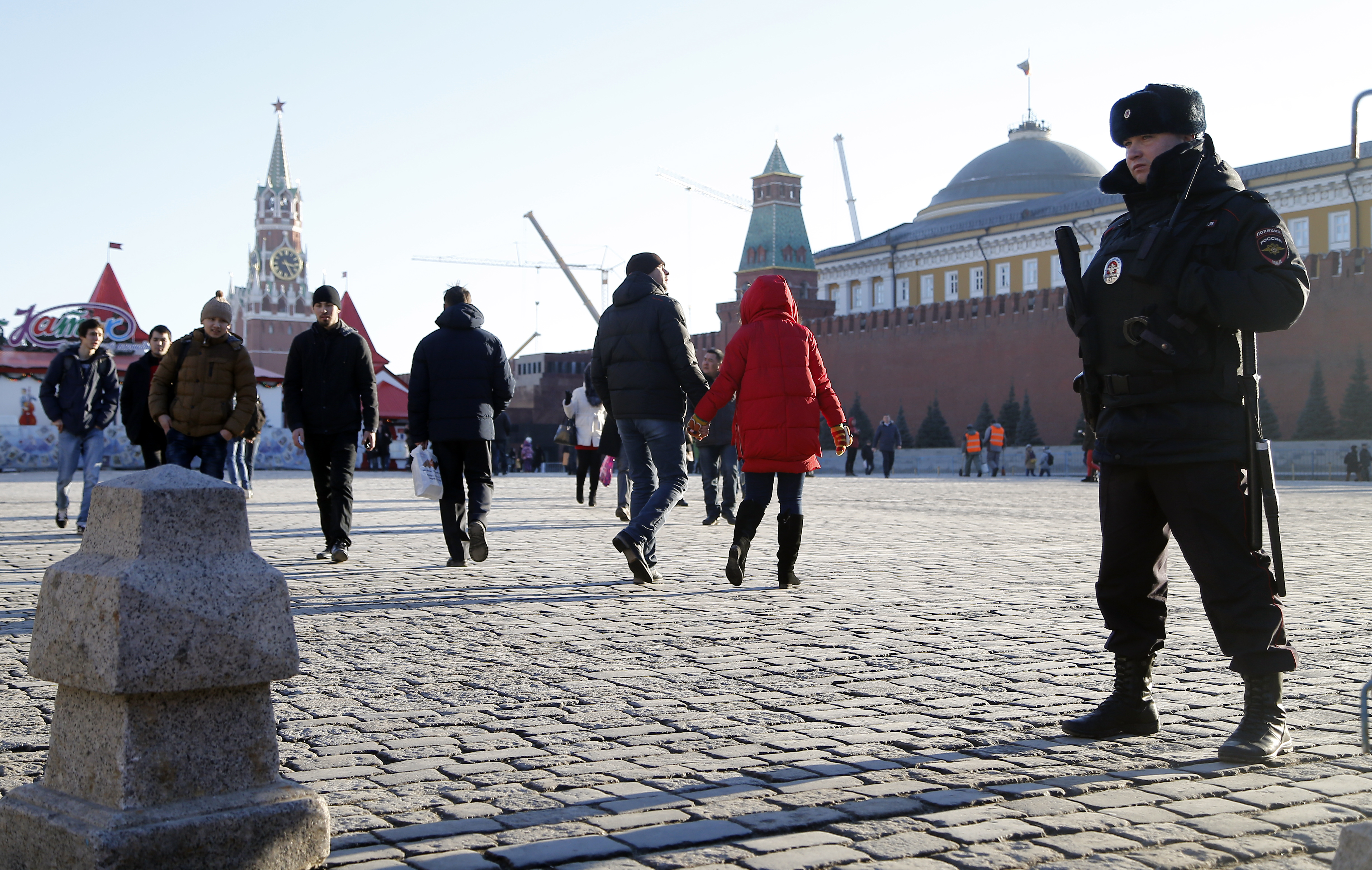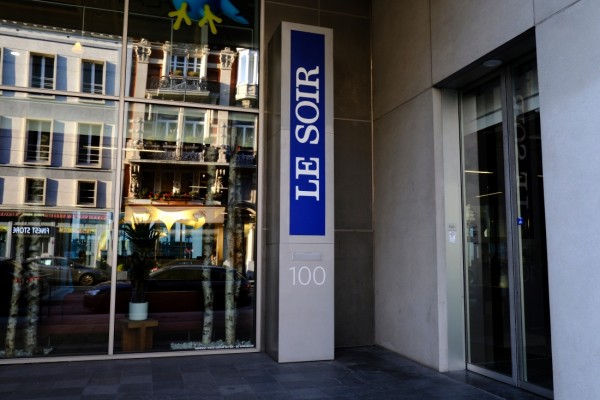IPI and its global network demand today the immediate release of Wall Street Journal correspondent Evan Gershkovich, who was detained in the central Russian city of Yekaterinburg on March 29 while on assignment. We are appalled at reports confirming that a court in Moscow has placed the American journalist under arrest after the Russian Federal Security Service (FSB) opened a criminal case for espionage against him. If convicted, Gershkovich would face 10 to 20 years in prison.
In a statement published on March 30, The Wall Street Journal said it “vehemently denies the allegations from the FSB and seeks the immediate release of our trusted and dedicated reporter, Evan Gershkovich”. The paper added: “We stand in solidarity with Evan and his family.”
“The IPI global network is outraged by the arrest of Evan Gershkovich and we call on Russian authorities to free him without delay”, IPI Deputy Director Scott Griffen said. “Arresting a foreign journalist on espionage charges is a serious escalation of Russia’s attacks on journalism. It underscores the depth of Russia’s effort to silence coverage of Putin’s war on Ukraine, which has already led to a serious crackdown on Russian journalists. Now, that dragnet appears to be expanding further.”
According to IPI monitoring, Gershkovich’s detention is the first case since the beginning of Russia’s full-scale invasion of Ukraine in which a Western journalist has been charged in Russia in relation to their reporting on the war. It is also the first case in decades of an American journalist being accused of espionage on Russian soil.
Reporting on Wagner Group and Ukraine war
According to independent Russian media, Gershkovich was last seen on the evening of March 29 at a restaurant in Yekaterinburg, where he met with local contact Yaroslav Shirshkov. The man reportedly helped guide Gershkovich during his reporting work in the city, where he was focusing on recruiting efforts by the private military group Wagner, as well as locals’ attitudes towards the group and the war in Ukraine.
Local media quoted eyewitnesses claiming that a man had been arrested on the same evening at the restaurant where Gershkovich and Shirshkov had met, adding that it was impossible to identify the detained person, as plainclothes officials from Russian security forces covered his face with his sweater.
However, the following morning the FSB confirmed to Russian media that a criminal case for “espionage” had been opened against the journalist. According to officials, Gershkovich “collected secret information” about an unnamed Russian defense industry facility. Russian online media outlet Meduza said the facility in question could have been the Uralvagonzavod factory located in Nizhny Tagil, in the region of Yekaterinburg, where Gershkovich had also recently traveled for reporting work.
According to Vyacheslav Vegner, a member of the Yekaterinburg-based Sverdlovsk regional assembly, the Wall Street Journal reporter met with him and asked questions about the drafting of female prisoners into the ranks of Wagner, as well as on the “preparation of personnel” for Russia’s war in Ukraine, wrote the Russian Service of the BBC.
Facing at least 10 years behind bars
Russian officials have denied the case is related to journalism. Vladimir Putin’s press secretary Dmitry Peskov commented on the case, saying he had “nothing to add” and that the case was a “prerogative of the FSB”. Gershkovich was “caught with evidence”, he claimed.
Maria Zakharova, the spokeswoman of the Russian Ministry of Foreign Affairs, also claimed that Gershkovich’s activities in Russia “had no relation to journalism”. “Unfortunately, this is not the first case in which the status of a ‘foreign correspondent’, a journalistic visa or accreditation is used by foreigners in our country to cover up activities which are not journalism. This is not the first case in which a Westerner is caught red-handed”, she wrote on Telegram.
Contrary to Zakharova’s statements, the case against Gershkovich is in fact a rare example of a foreign correspondent based in Russia facing charges. To date, such journalists were largely immune from prosecution, for instance for publishing content related to Russia’s war in Ukraine not based on official sources. Publishing such content is considered an administrative offense (or criminal if repeated) in Russia, and has led to the opening of dozens of cases against Russian journalists. In comparison, similar actions have seemingly not been taken against foreign journalists in Russia for their war-related publications.
Charges of espionage under the Russian penal code carry heavy prison sentences, with those found guilty facing at least ten years behind bars. Indictments of journalists under this crime are rare. Crimes more commonly used to target independent journalists in Russia include “discrediting” the Russian armed forces or publishing “fake news” about the war. While both can be considered criminal offences, authorities can choose to apply a wide array of penalties, with fines ranging from 30,000 to five million rubles (350 to 6000 thousand euros).
To date, only one Russian journalist in recent history has been convicted of an offence of similar weight in Russia’s criminal code. Ivan Safronov, a former correspondent of RBC, a semi-independent online Russian media, was sentenced to 22 years in prison last September, for allegedly sharing information with Czech intelligence services, in a case widely denounced as politically motivated.
As of March 2023, dozens of Russian journalists have been prosecuted for allegedly “discrediting” the Russian army or publishing “fake news” on the war in Ukraine. At least three, Mikhail Afanasyev, Sergey Mikhailov and Maria Ponomarenko, remain behind bars for their reporting on Russia’s large-scale invasion.



